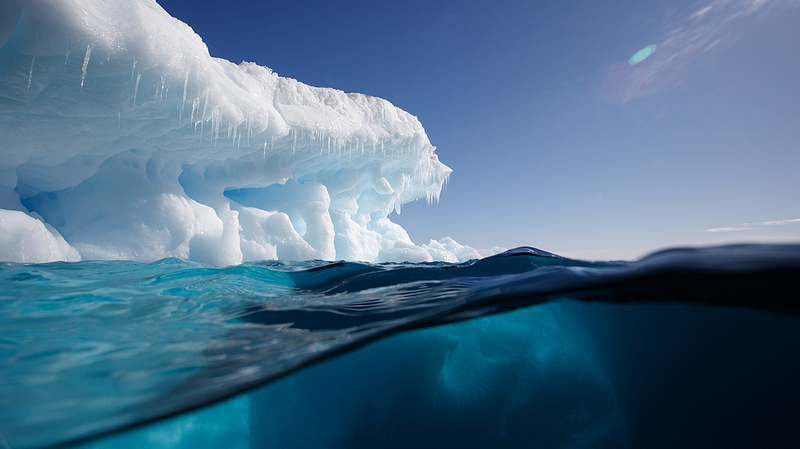Antarctica is at a crossroads. A new study published in Nature reveals that recent declines in sea ice may mark a tipping point with far-reaching impacts on global climate, ocean currents and marine ecosystems.
Drawing on ice core data, ship logbooks and satellite observations, researchers charted centuries of natural variability against a sharp drop in sea-ice extent over the past few decades. The results point to a "regime shift" that pushes Antarctic sea ice far below historical levels—an abrupt, non-linear change that could be essentially irreversible.
Lead author Nerilie Abram warns of self-perpetuating feedbacks: as ice melts, darker ocean surfaces absorb more solar radiation, accelerating warming and weakening the Antarctic Overturning Circulation—an ocean-spanning current that regulates heat, nutrients and weather patterns around the world.
These shifts threaten wildlife from emperor penguins, which rely on stable ice for breeding, to krill populations that feed beneath the ice. Meanwhile, warming surface waters may slash phytoplankton levels, undermining a key natural process that draws carbon dioxide from the atmosphere.
"Antarctic sea ice may actually be one of those tipping points in the Earth’s system," says Abram, now chief scientist at the Australian Antarctic Division. Even if we curb carbon dioxide emissions, the study suggests that the momentum of ice loss could continue for centuries.
As global citizens, entrepreneurs and thought leaders discuss sustainability and the future of our planet, the plight of Antarctic sea ice highlights the urgency of coordinated climate action. While mitigation efforts remain critical, this new research underscores the challenges of reversing large-scale environmental shifts once they are set in motion.
Reference(s):
Rapid loss of Antarctic ice may be climate tipping point, study says
cgtn.com



